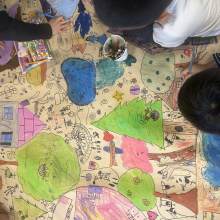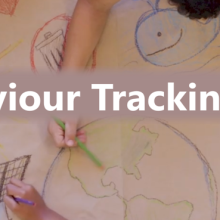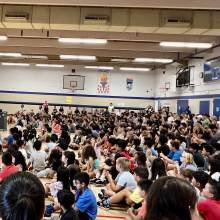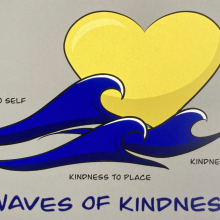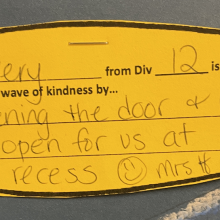This section outlines our school’s key areas of focus. It reflects our commitment to continuous improvement and responds to the evolving needs of our students. Whether centered on student engagement, social-emotional well-being, or academic growth, our focus guides our learning journey and informs the strategies we implement throughout the year.
Numeracy Focus for the 2025–2026 School Year
For the 2025–2026 school year, our school’s learning focus will be on strengthening Numeracy skills across all grade levels. This direction is based on a thorough review of our school-wide data, including FSA results, student proficiency as reflected in report cards, and valuable anecdotal feedback from our teaching staff.
As a staff, we have aligned our professional learning and planning to support the development of numeracy competencies throughout the school. Our growth plan involves close collaboration with our teacher consultants to ensure effective planning and instruction that supports numeracy development and success.
Key components of our approach include:
- Lunch and Learn sessions focused on high-yield instructional routines and planning strategies
- Strengthening classroom instruction to support diverse learners
- Building student confidence through exposure to a range of problem-solving strategies
- Implementing a school-wide assessment to track progress
- Developing a shared understanding of proficiency in numeracy
With ongoing support from our district math consultants, targeted professional development, and a clear, collective focus among staff, we will use both Fall and Spring assessments to monitor our progress. Additionally, FSA results and report card data will help us evaluate our growth as a learning community.
Our numeracy focus will also be visible and celebrated throughout the school—in our hallways, morning announcements, library, and in all aspects of our school culture.
Guiding Questions:
What instructional strategies or routines can we use to develop computational fluency?
How can we use materials to support students’ exploration and representation of computational fluency concepts?
How might we support the use of mathematical language and vocabulary?
How might we differentiate numeracy lessons to meet the needs of all learners?
How can we encourage flexible ways of knowing and assessing?
